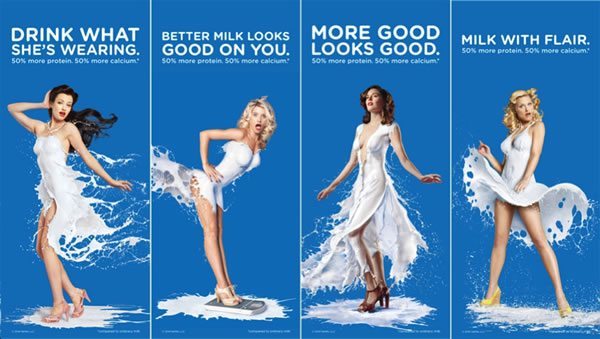
Got milk? No thanks, I’m looking after my health. Not to mention that the concept of drinking the body fluids of another species is pretty weird.
As a culture, the western world has been hoodwinked into believing that milk is some kind of miracle food, combating everything from tooth decay to osteoporosis.
We’ll get into the nutrition side of things later on, but I want us to contemplate the above advertisement for Fairlife.
I know, I’m a hard taskmaster, making you look at pretty girls. In fact, let’s start there as a jumping off point for our insane world.
Here we see pin up style girls, naked, covered in cow’s milk. One of them is being weighed. What does this tell us about the intention of the marketing campaign; apart from it’s clearly quite sexist?
Well, as we know, sex sells. To my Neanderthal male brain, it speaks sexuality, sexual availability and taps into my testosterone ridden blood. If only I drank milk, I could get a girl covered in milk (and other substances.)
I am not a woman, but I think I understand the intention behind putting a model on a set of scales for this advert. Look, ladies, you could lose weight and look hot, with milk. This particular product is twice the price of “regular” milk, and claims as its USP “50% more protein, 50% more calcium.”
As we have written about before, overloading on protein is actually pretty counterproductive, but we’ll discuss calcium further down the page. First things first, let us go back to the source and talk about cows. Cows are cool.
1. To drink milk is to be complicit in the torture of cows
That sound you hear is the mooing of a billion enslaved animals, jacked up on antibiotics to counter mastisis (inflammation of the udders caused by stress) injected with growth hormones to increase size and yield, artificially inseminated annually, pregnant for nine months of the year and seeing their calves get trucked off to become veal.
Oh, and instead of living for twenty years, dairy cows are dead in five.
Predictably, from a vegan perspective this is simply unconscionable. If we are a sentient species, we also need to think about food, and how it is produced, and to inform our eating habits with our learning. Alright, I’ve come on strong with the opening sentence here, and arguably the cow does not experience their lives as slavery.
Even if we rationalise in this way, when we drink milk we must accept that this is where it comes from.
2. Cows, the foster mother of humanity? Load of bull
When researching this article I came across a quote that has been trotted out repeatedly on pro-dairy articles. Here it is.
The cow is the foster mother of the human race. From the time of the ancient Hindoo to this time have the thoughts of men turned to this kindly and beneficent creature as one of the chief sustaining forces of the human race – W.D. Hoard, (1885).
This is the issue I take with this statement, made in the praise of cows by a dairyman; who let it not slip us by lived in the days before rampant industrialisation of the trade.
What’s the difference between a foster child at the teat of the wet nurse, and human beings drinking cow’s milk?
The foster child eventually grows up and moves onto solid food. Humans are clearly an immature species that craves the security of mother’s milk.
I don’t know if it escapes the attention of people, but calves only take milk when they are infants too. Eventually they turn into adult cows.
Now, I’m sure that there are benefits to drinking milk that out-weigh the possible increase in cancer, Type I diabetes, osteoporosis and cardiovascular disease, but personally I’m good with not risking it. Like we talked about with honey, it’s not ours to take.
In fact, milk is demonstrably bad for human beings. This turns our grand lacto-larceny into a self defeating exercise. Like with all discussions about food, the plea to history for dairy runs like this; we’ve always done it, and we’ve always been ok, so what’s the problem?
Again and again, I am drawn to this same response- we also used to die from measles outbreaks and persecuted Galileo for saying the Earth is round, but we got over that once better information and education came about.
The point is; we might once have benefited from drinking cow’s milk and as far as drinks go, it’s probably better for you than coke; apart from the inherent torture and theft in the production.
Those days are long passed.
How do we rationalise drinking milk while at the same time happily consuming pre-packaged and microwavable dinners.
We are an advanced species in so many fields it boggles my mind that we cannot find a consensus on nutrition that says, hmm, you know what, maybe there’s a better way to get the nutrients we require that doesn’t contribute more to greenhouse gases than the entirety of human transportation.
Is the concept of milk so precious to us that we won’t use our proven ability for invention to find a better way?
3. Milk: Does it contribute to human diseases?
The countries with the highest rates of osteoporosis are the ones where people drink the most milk and have the most calcium in their diets. The connection between calcium consumption and bone health is actually very weak, and the connection between dairy consumption and bone health is almost nonexistent.
~ Amy Lanou, PhD
Studies have shown a potential link to cardio-vascular disease and cancer among others, but it's also an incredibly difficult question to isolate. In this study, of 5000 publications considered for review, only 17 met the criteria.
In addition, milk is so prevalent in our culture that to find a control group of people who have never consumed dairy is nearly impossible.
This recommendation to drink three cups a day of milk – it’s perhaps the most prevailing advice given to the American public about diet in the last half century. As a result, Americans are consuming billions of gallons of milk a year, presumably under the assumption that their bones would crumble without them.
~David Ludwig, director of the New Balance Foundation Obesity Prevention Center at Boston Children’s Hospital.
Osteoporosis holds some of the most fertile grounds for debate, and we are still unclear. Does milk actively damage bone density due to milk being acidic? Possibly. It’s fairly clear that milk does not actively prevent brittle bones as much as we have been led to believe.
Evidence suggests that it is in fact vitamin D which is particularly critical in prevention of osteoporosis, which would seem to correlate with the highest frequency of osteoporosis occurring in western countries with long winters- who are also the largest consumers of dairy. The topic of calcium is an intriguing one.
This passage was particularly interesting to me.
Dietary protein, including that from dairy products, influences calcium balance. An adequate protein intake is important for supporting bone growth in children and maintaining bone mass in older adults. However, increasing intake of dietary protein, particularly animal protein, is associated with increased urinary calcium losses that may result in increased bone resorption or increased fracture…Approximately 6mg of dietary calcium is theoretically required to offset the urinary calcium loss associated with 1g of protein.
So, when we eat extra protein, we lose calcium. Wait a minute, where have we seen protein, calcium and milk used for a sales pitch recently…
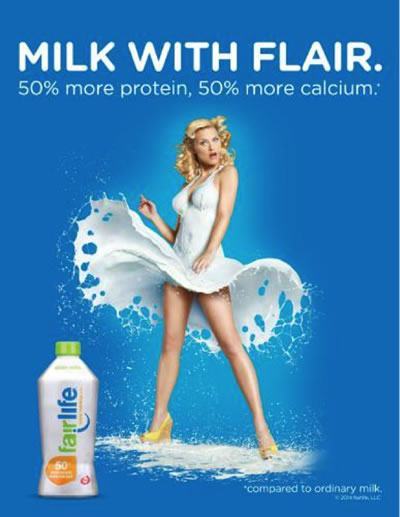
Ah. So if I’m reading this right, the opinion of some doctors is that increasing the amount of protein taken in actively increases the level of calcium we lose in urine. Doesn’t that make increasing the levels of protein and calcium in the same product kind of… well… completely pointless?
Seeing as the vast majority of people require less than 100g of protein per day, wouldn’t it make more sense to encourage a balanced plant based diet that meets nutritional needs without unbalancing the body?
I guess that doesn’t work if you are selling a product that’s bad for people using adverts that promote an unobtainable world view.
By the way, if the name Fairlife doesn’t sound like a joke by now, I should mention that one of the owners of this company is Coca-Cola. That actually is not a joke. Now, I wonder if there could be a substance that is medically proven to help fight osteoporosis…
4. Soy Milk: medically proven to help fight osteoporosis
Well, who saw that one coming? Anyone?
Alright, this is a little white lie. It’s not just soy milk, but soy products in general that are good for osteoporosis prevention. The jury is still out on what exactly it is in soy that helps, whether it is the naturally high levels of protein, and calcium, or some other factor.
Obviously knowing what we now know about the relation between protein and calcium excretion, it’s important to apply the same high standards to soy that we did to milk. From the linked article:
A recent study published in 2003 by the Oklahoma State University showed that soy protein was more effective in bone formation and retention of calcium inside the body (excreting less calcium in urine) compared to milk protein. In addition, researchers also found that the benefits of soy on bone health were more pronounced in postmenopausal women who were not on hormone replacement therapy.
If you’re not caught up on soy yet, feel free to check out our article on the topic here.
While soy is good, you can have too much of a good thing with any food. Personally I go for hemp milk. Why? If I were to suggest a potion that contained Omega-3 Fatty Acid, All the Essential Amino Acids, Omega-6 Fatty Acid, Digestible Protein, Calcium, Potassium, Zinc, Phosphorous, Magnesium, Riboflavin, Vitamin A, Vitamin B 12, Vitamin E, Vitamin D, Iron and was cholesterol free you’d probably accuse me of being a snake oil salesman. I mean, if snake oil was vegan, which if it contains real snakes, certainly is not.
The above list is all to be found in hemp milk. Fortunately, this much misunderstood plant is experiencing resurgence in popularity for reasons other than the strains that get you high. Hemp milk is not intoxicating, in case you were wondering.
Other alternatives include almond milk, oat milk and rice milk, and there are even more options available- and the best part, of course, is that there is no need to degrade cows in the manner the dairy industry does to produce them.
5. Humans have lost their harmony with the cow
I wish always to keep cows in my view and that cow favors me. Cows are ours and we are for the cows. Let us be close the cows, wherever they stay. ~ Vishnu Dharmottara Purana
For millennia we have lived with cows, and it’s been a reasonable trade in services. In exchange for providing shelter and protection from predation humans have been able to enrich their lives through the use of dairy products.
Again- don’t get me wrong, we now have better ways than to eat dairy, but at one time it was a highly useful part of our diets. We don’t live in harmony with cows anymore, and as usual when we humans decide that money, which is an imaginary thing, is more important than real beings, it is the beings that suffer.
Even in India where cows are theoretically more respected than in most countries, these animals are left to forage for food untended due to our exploding population. In the west we industrialised our world, and I draw parallels between our own lives spent in service of money, of rent and taxes, living our lives doing things we do not want to do and then feeding ourselves on things that are produced by creatures even more subjugated than we are.
Does that sound dystopic?
There is a way to be free, and that’s to be the freedom you wish to see in the world. Give up animal products, you do not need them. This is the truth, and the truth will set you free.
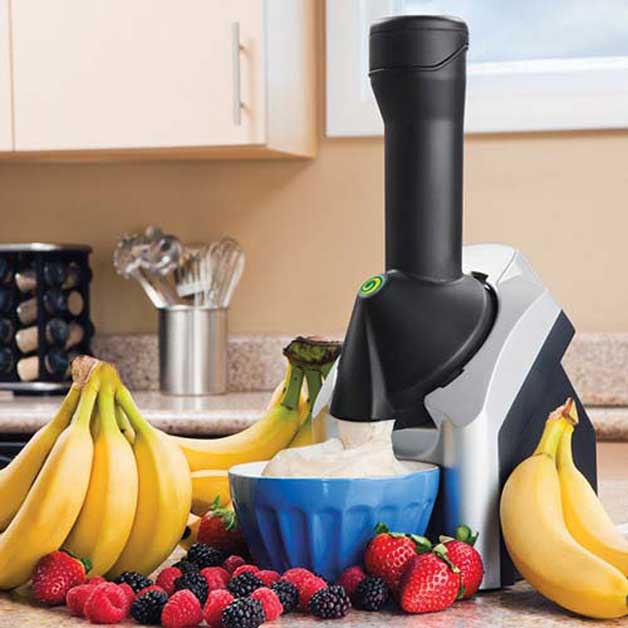

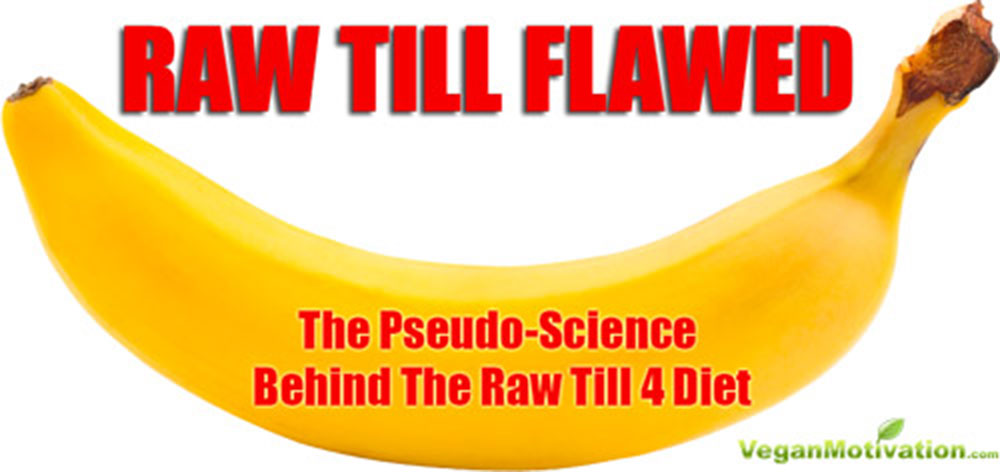
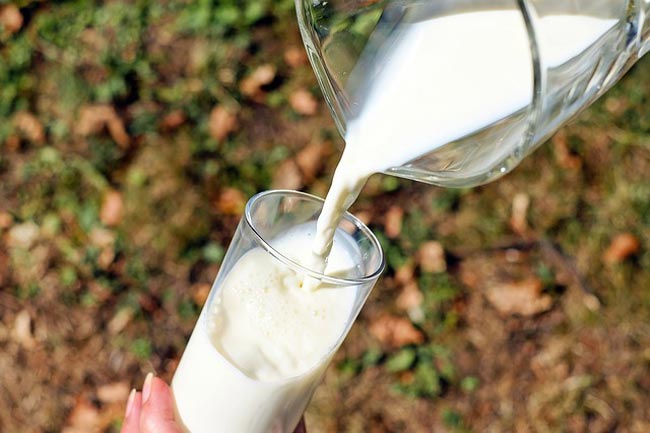
I think it’s odd that humans of all ages rely on the milk of another animal. I find that to be unnatural. So I guess it makes sense that dairy isn’t so great for you. These are great points that you make. Soy and almond milk seem to be great alternatives.
Sep 15, 2015 at 1:13 am
Wow. I have been thinking about giving up dairy for some time and this just sealed it for me. I’ve been drinking almond milk today and I love it. I’ll try rice milk too now as I didn’t know it existed. Thanks for the motivation!
Feb 20, 2015 at 4:46 pm
It’s what we’re here for 🙂
Feb 21, 2015 at 1:17 am